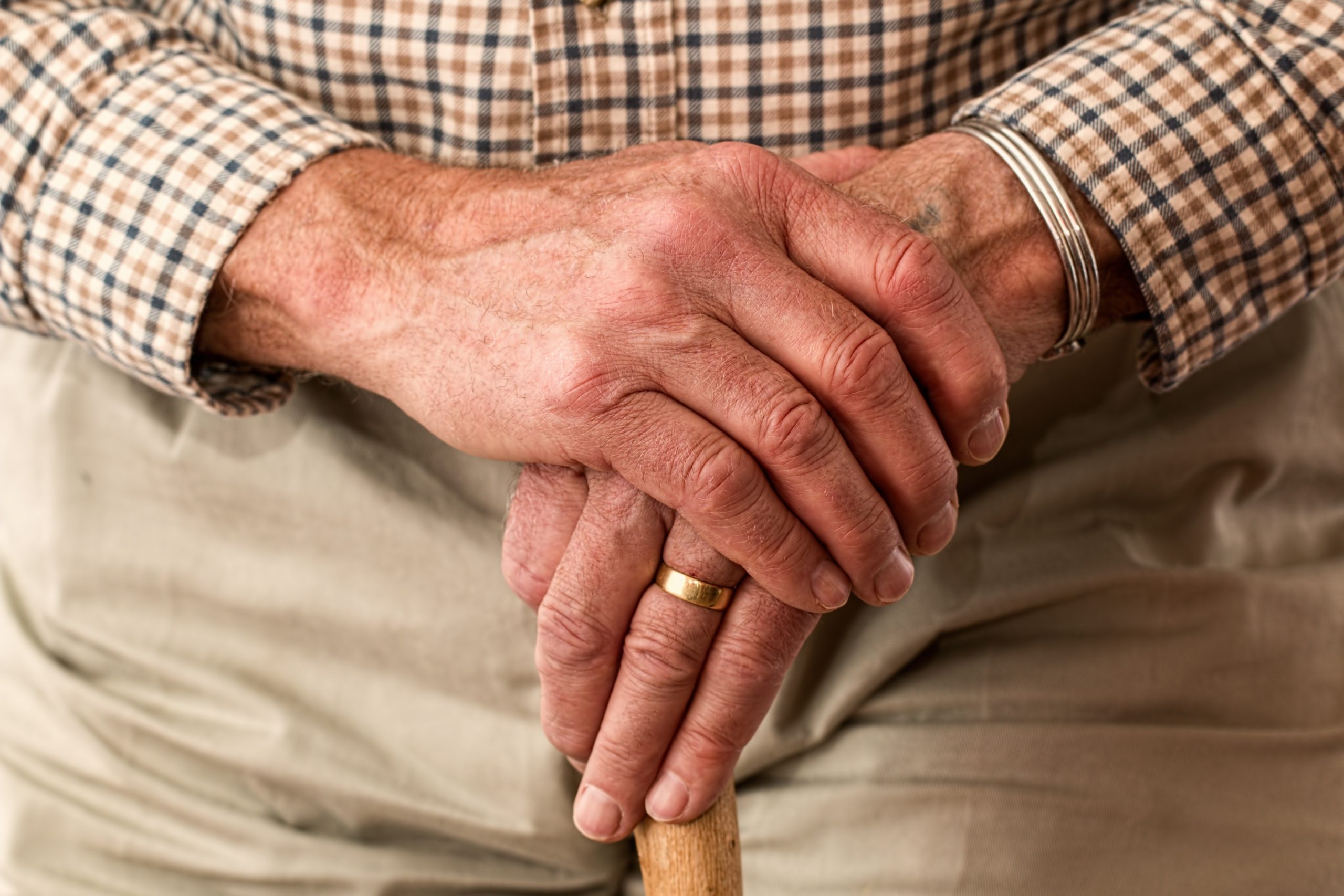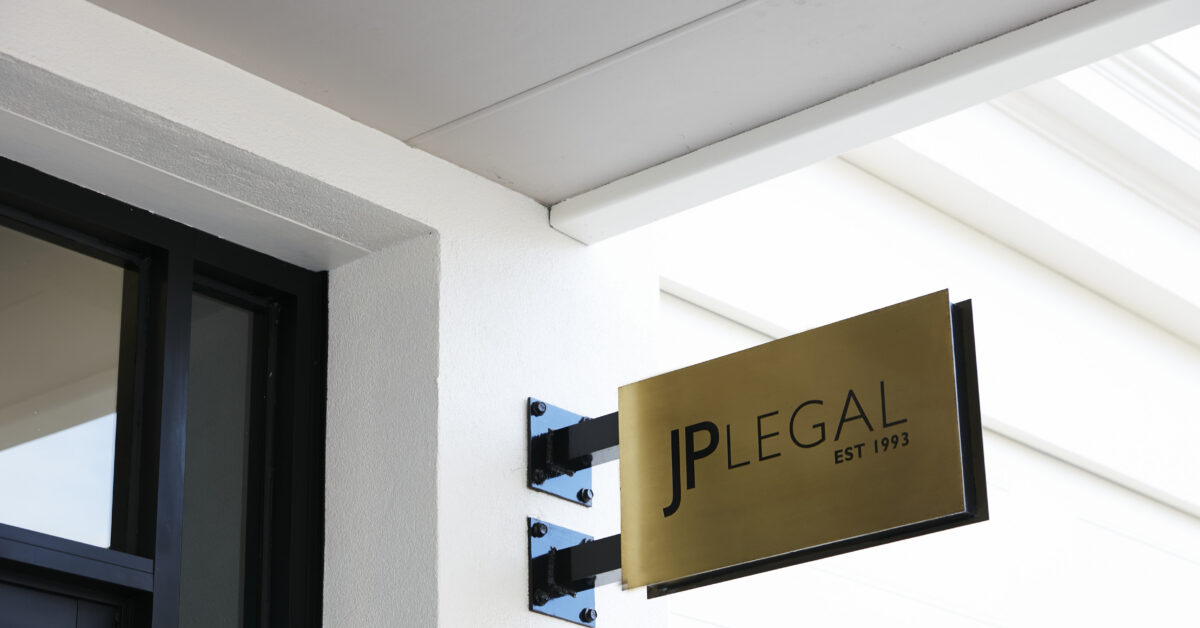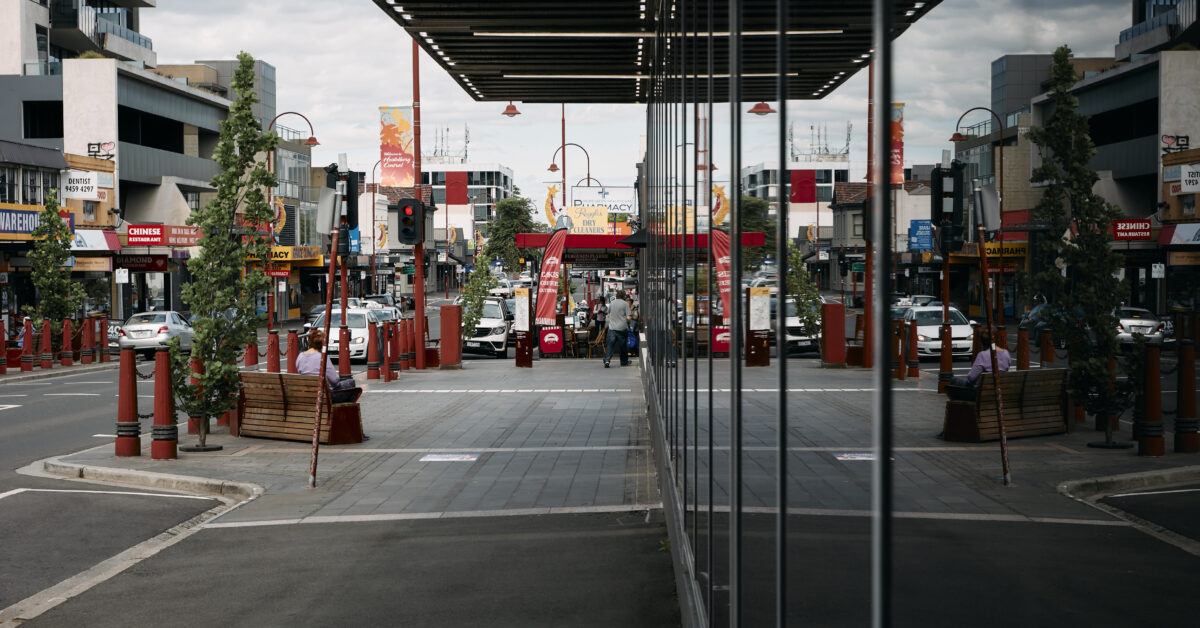
Home — Insights + Case Studies — Insights — Why You Need A Will – A Guide to Last Will and Testaments
Why You Need A Will – A Guide to Last Will and Testaments
JPLegal
What is a Will?
A Will is a legal document that details how you want your assets and possessions to be distributed after your death. Creating a Will is something that everybody should do when they start to accumulate assets. Having a Will prepared removes doubt and insecurities about the future, as dying without a will (“intestate”) may mean that your wishes won’t be carried out. On top of this, not having a will may cost your loved ones more time, money and emotional distress while trying to settle your affairs.
Wills can vary in their effectiveness, so it is always a good idea to get advice to make sure you have considered everything that may be important. Along with things that are commonly associated with Wills, such as money and property, they can also include the distribution of items with sentimental value such as art, jewellery, letters or photographs. The way you would want these items to be distributed can easily be overlooked if not stated in a Will.
Why having a Will is important
Without a Will your possessions and assets will be distributed to your relatives according to a legal formula (as per the Administration and Probate Act 1958 (Vic)), regardless of what you might have wanted. It can also make the entire process of distribution take longer and cost more for your loved ones. That being said, there are many things that you can control if you make a Will.
Distribution of assets
The most important thing that you can do with a Will is determine what assets will go to which people or how the value should be distributed between different beneficiaries. For example, if you have one child that you know needs more support than another, you may want to allocate your assets accordingly.
Nominate guardians for minors
For children under the age of 18, your Will is the place to not only make provisions and arrangements for their education and care, but also to nominate a guardian for them. It is your chance to secure your children’s future.
Choose your executor
You can appoint an executor when creating your Will – a person responsible for distributing your assets according to what you have set out as well as looking after your estate. Choosing your executor ensures that the person responsible for carrying out your wishes is the person you want.
Marriage and divorce
Marriage causes existing Wills to become invalid, meaning that if a Will isn’t updated after marriage then your estate will be distributed according to a legal formula. If there are other people you want to make sure you will provide for, then keeping your Will updated is very important. A legal divorce generally invalidates all clauses of a Will regarding the ex-spouse, including as executor or beneficiary.
De facto relationships
Unless it is explicitly stated in a Will, members of a de facto relationship may not automatically be entitled to the assets and possessions you may want them to have.
Loved ones who aren’t legally entitled without a Will
Friends and family who you want to be beneficiaries of your estate after you die may not legally be entitled without a Will. For example, step-children are not recognised as beneficiaries if somebody dies intestate, so a Will is necessary to ensure that step-children and other distant relatives or friends are not left out.
Minimise costs and stress for your loved ones
Assets that haven’t been assigned to a beneficiary are considered subject to probate. This could result in the distribution of estate being drawn out and cost more for your loved ones.
Make a donation to charity
If you want to dedicate a portion of your estate to a charity then this needs to be included in your Will. If this is your wish but you don’t have a Will, your whole estate will instead be distributed by those legally entitled to inherit your estate.
Things to consider when creating your Will
Estate planning is the best way to be sure that you can care for your loved ones after your death. To ensure that your Will covers everything that you want it to and for the greatest likelihood that your wishes will be carried out properly, creating (and maintaining) your Will with your lawyer is the best thing to do.
Once you have created a Will it is valid until you die, though some life changes (such as marriage) may affect this. Because life circumstances change, we recommend that you review your Will every 5 years and when you experience a major life event, namely marriage, birth of children or divorce. Wills should be stored in a safe place, such as with your lawyers secure deeds register, home safe or safety deposit box.
Wills only take effect after your death. If you want to give another person the ability to make decisions regarding personal or financial matters for you whilst you are still alive but lose decision making capacity, you will need to make an Enduring Power of Attorney.
Wills don’t have to be a complicated subject. They are a way of taking care of your loved ones in a world filled with the unexpected. Creating a Will is a great step for everybody thinking about the future.
If you want to find out more about Wills or start the process of drafting a Will our lawyers at JP Legal can help.
You can view the legislation regarding Wills in Victoria here.

Start creating your Will online 
Start creating your will today through our guided online will creation service. To get started click the link below.






